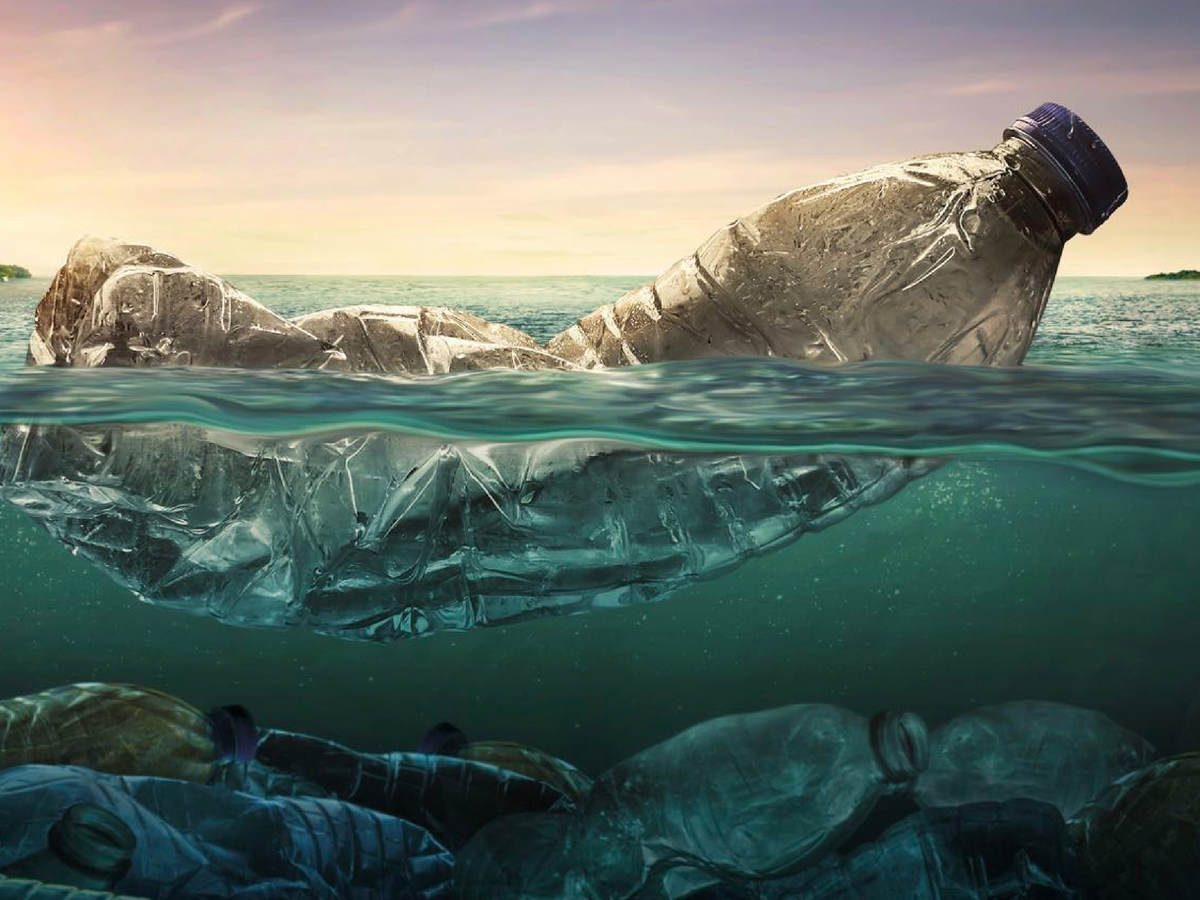October 29, 2020
ATLANTA, October 15, 2020 – UL, a leading global safety science company, and OceanCycle, a leading social enterprise focusing on reducing ocean plastic pollution, are collaborating on initiatives to align industry standards related to ocean-bound plastics, promote transparency of the standards, and develop the marketplace for ocean-bound plastics. As leaders in their respective industries, the companies will leverage their expertise in ocean plastics recycling and certification to strengthen the criteria around social impacts and third-party validation of recycled plastics. These efforts will result in increased manufacturer and purchaser confidence in the materials being used in products and additional credibility of the social impact of collected ocean-bound plastics.
Ocean-bound plastics are defined by UL and OceanCycle as post-consumer plastic waste that has not yet reached the ocean but is at risk of entering waterways due to a lack of formal waste management and proximity to oceans. According to the Ocean Conservancy and the Pew Research Center, each year, more than 11 million metric tons of plastics enter oceans, and that rate is estimated to triple by 2040. UL and OceanCycle’s primary focus is on prevention because more than 80-90% of ocean plastic originates on land and it’s difficult to recycle material once it has entered the water. By harvesting ocean-bound plastic waste and recycling it before it enters oceans, companies and municipalities can increase incomes for communities, reduce ocean plastic pollution and pursue a more circular economy.
As part of their agreement, UL and OceanCycle will work to align their respective standards to be shared publicly and create a framework where those standards can be commented on and evaluated. As part of this process, the companies will also work to strengthen the evaluation of social impacts, performance of audits and work to provide greater transparency for the marketplace. UL and OceanCycle will also work with industry partners for recognition of the standards and collaborate to improve market access to plastics made from ocean and ocean-bound plastics, helping companies identify and use more sustainable, responsible recycled materials in their products.
“We started OceanCycle to provide more transparency and traceability on ocean-bound plastics and to assist manufacturers and brands in making a better and more sustainable plastic choice, said Robert Goodwin, co-founder of OceanCycle. “This transparency is what we believe will help drive the demand from companies for material collected from coastal communities at the scale required to address the problem. We are excited to have work with UL, known for their integrity and trust. This effort will help us provide even more confidence to companies and consumers looking to address the ocean plastic problem.”
UL plays an essential role in efforts to reduce the impacts of global plastic waste and to foster the increased use of quality and safe recycled plastics in all types of products by developing standards that address performance, sustainability and that evolve to address social issues and new technologies. To see validated environmental claims for plastics, visit SPOT.UL.com. To view performance testing and certification information for plastics, visit the UL Product iQ™ database.
About UL
UL helps create a better world by applying science to solve safety, security and sustainability challenges. We empower trust by enabling the safe adoption of innovative new products and technologies. Everyone at UL shares a passion to make the world a safer place. All of our work, from independent research and standards development, to testing and certification, to providing analytical and digital solutions, helps improve global well-being. Businesses, industries, governments, regulatory authorities and the public put their trust in us so they can make smarter decisions. To learn more, visit UL.com. To learn more about our nonprofit activities, visit UL.org.
About OceanCycle
OceanCycle is a community-driven organization creating solutions at scale to end ocean plastic pollution. OceanCycle works with a network of partners to create sustainable and profitable recycling practices by driving demand for recycled material and providing turnkey solutions to manufacturers. Their focus is on putting an end to new plastics in the oceans by 2030.
To learn more, visit OceanCycle.co
